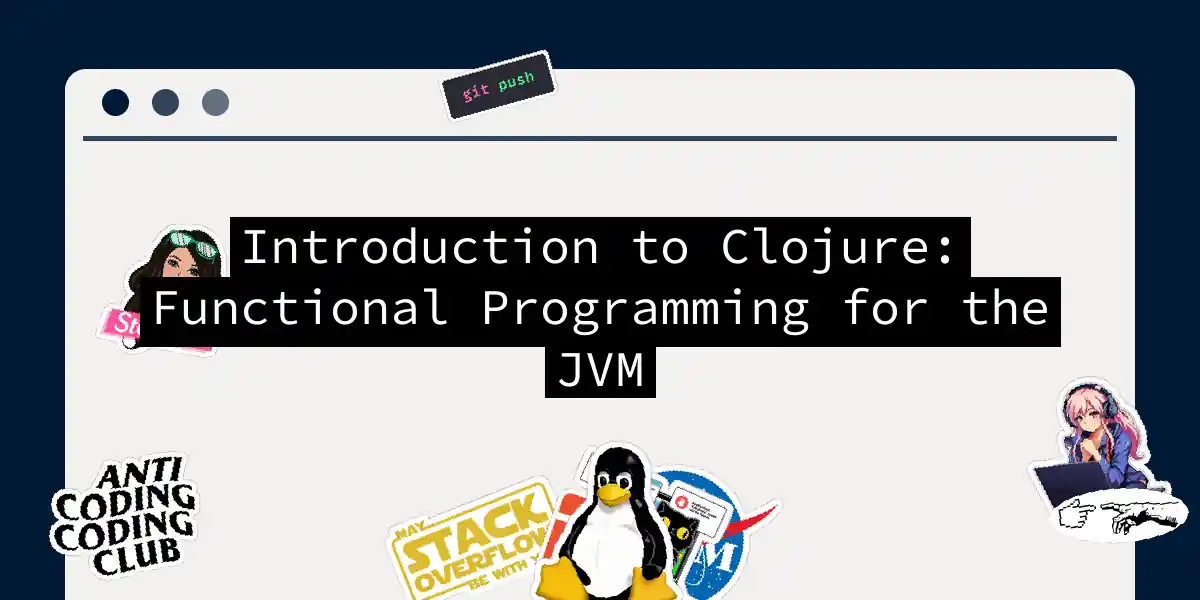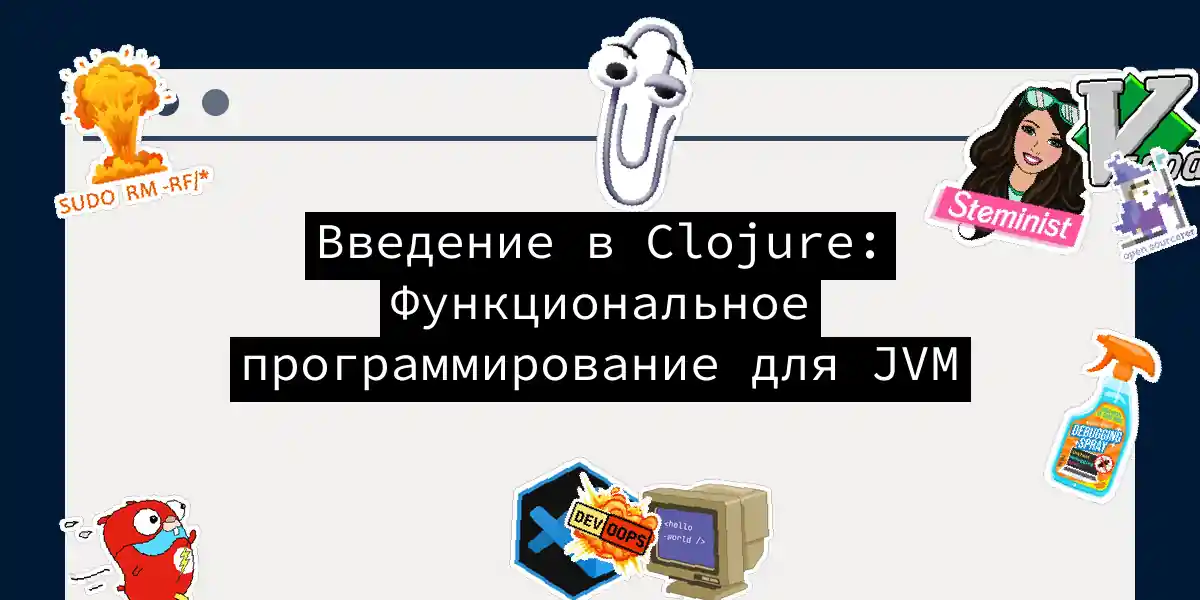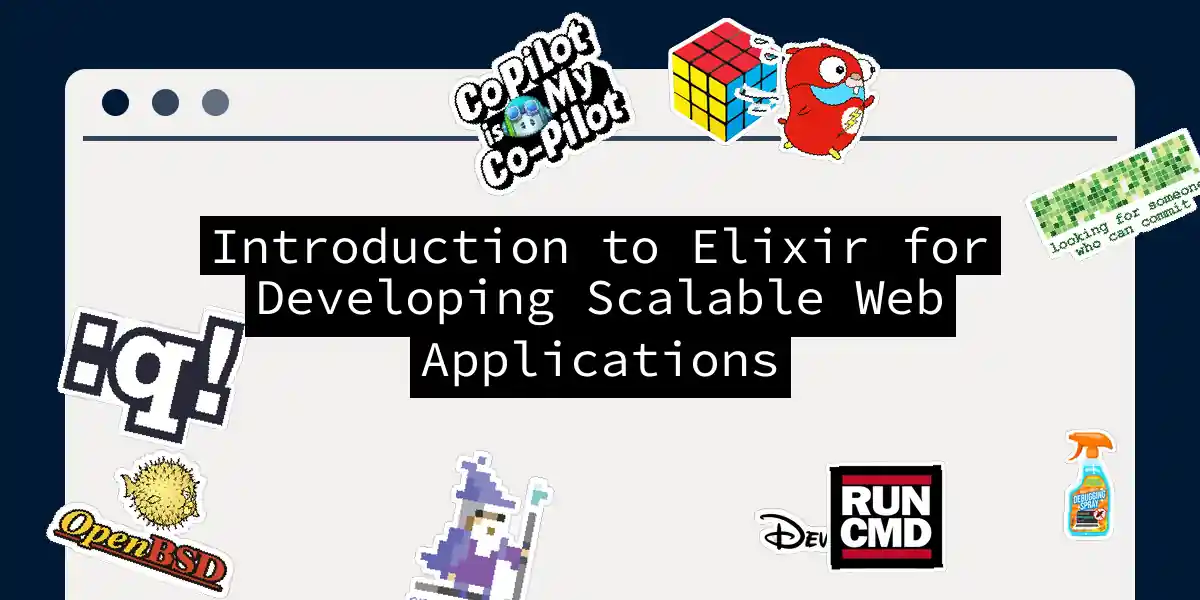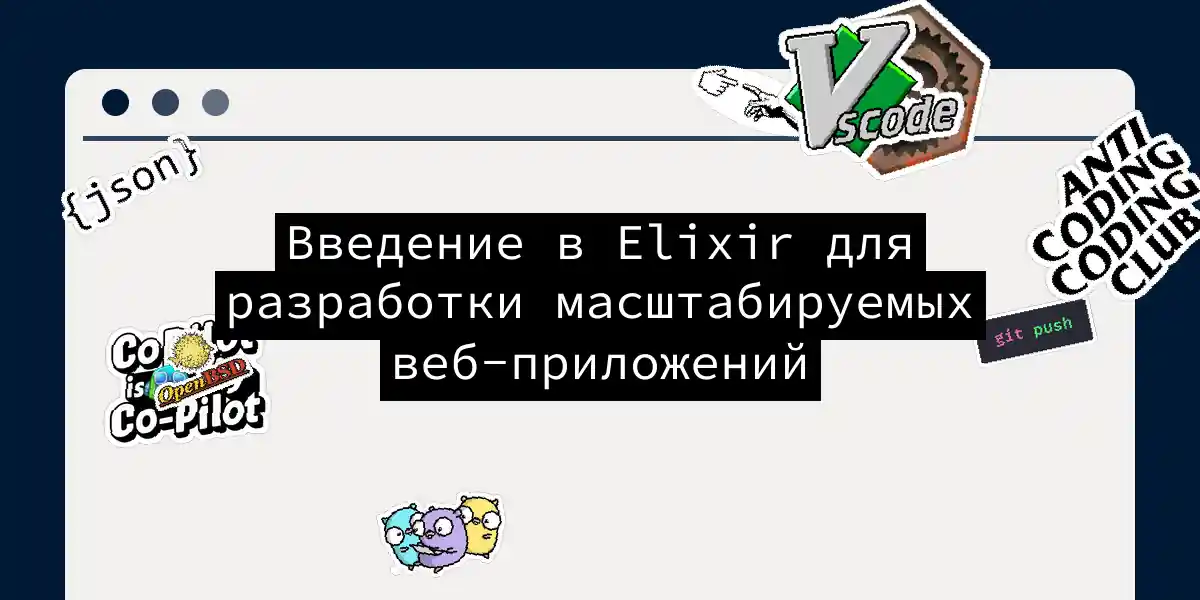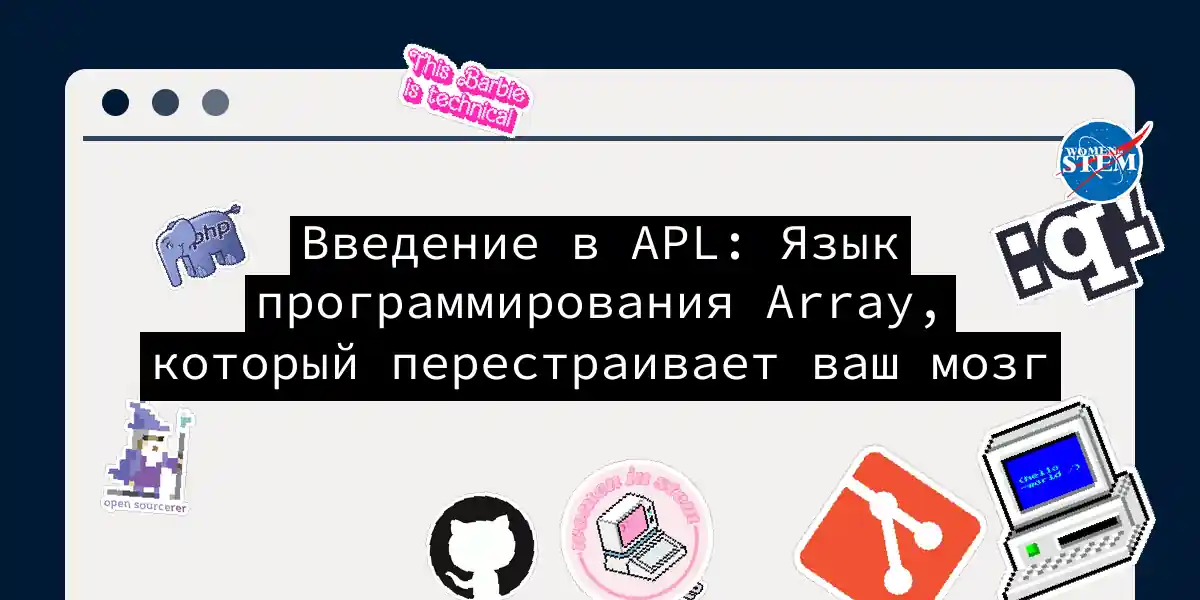
Введение в APL: Язык программирования Array, который перестраивает ваш мозг
АПЛ означает A Programming Language (язык программирования), и несмотря на скромную аббревиатуру, это один из самых удивительных языков программирования, о котором вы, вероятно, никогда не слышали. Созданный Кеннетом Иверсоном в 1960-х годах, АПЛ остаётся одним из старейших языков программирования, всё ещё активно используемых сегодня, наряду с FORTRAN, Lisp и COBOL. Но вот что делает АПЛ особенным: он не просто позволяет писать код по-другому — он заставляет вас думать по-другому о проблемах....
